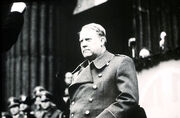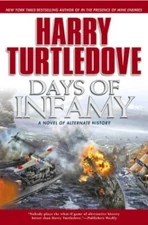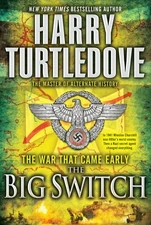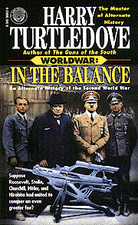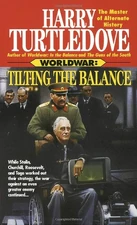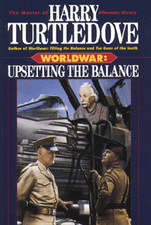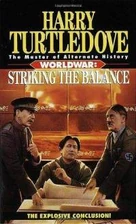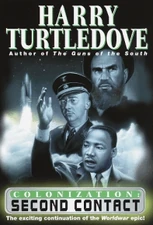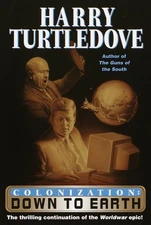TR (Message Wall | contribs) |
TR (Message Wall | contribs) No edit summary |
||
| Line 13: | Line 13: | ||
|appearance = ''[[In the Balance]]'';<br>''[[Striking the Balance]]'' |
|appearance = ''[[In the Balance]]'';<br>''[[Striking the Balance]]'' |
||
|type of appearance = Contemporary references |
|type of appearance = Contemporary references |
||
| − | |political office ={{DictatorATL|Minister-President of Norway}} |
+ | |political office ={{DictatorATL{{HeadGovtEuropeFict|Minister-President of Norway}}}} |
}}{{Clearright}}{{Days of Infamy Historical Character |
}}{{Clearright}}{{Days of Infamy Historical Character |
||
|appearance=''[[End of the Beginning]]'' |
|appearance=''[[End of the Beginning]]'' |
||
| Line 58: | Line 58: | ||
[[Category:Norwegians]] |
[[Category:Norwegians]] |
||
[[Category:Collaborators]] |
[[Category:Collaborators]] |
||
| − | [[Category:Heads of Government of European Countries]] |
||
[[Category:Ministers of War]] |
[[Category:Ministers of War]] |
||
Revision as of 20:51, 28 September 2020
| ||||||||||||||||||||||||||||||||||||||||||||||
Vidkun Abraham Lauritz Jonssøn Quisling (18 July 1887 – 24 October 1945) was a Norwegian army officer and politician best known for serving as Minister-President of Norway from 1942 to 1945, when that country was occupied by Nazi Germany during World War II. He was appointed to this position by the Germans and willingly provided much assistance to his country's conquerors. He was among the war's most notorious collaborators, and his name has become synonymous with "collaborator". When the Norwegian government reasserted itself after Victory in Europe Day, Quisling was arrested, tried, and convicted on charges of high treason. He was executed by firing squad in Akershus Fortress in Oslo in short order.
Vidkun Quisling in Worldwar
By the time the Race's Conquest Fleet arrived in orbit of Earth, Vidkun Quisling's willing cooperation with his country's occupiers had already earned him a certain notoriety throughout the Allied parts of Europe and North America (and the word "quisling" was recognized as meaning "collaborator" in Germany, as well). A number of humans in territories overrun by the Race assisted the Race in their war against independent human empires and not-empires. Among humans opposed to the Race, these people were known as quislings.
When the Race withdrew from the United States, Rance Auerbach reflected that Europeans such as Quisling who had assisted the Nazis were known as collaborators. He had never expected the US to need to deal with collaborators, but in the aftermath of the withdrawal of Lizard forces, it did.[1]
Vidkun Quisling in Days of Infamy
During World War II, the name of Vidkun Quisling, the Nazi-backed head of the Norwegian government, became a byword for "collaborator." In occupied Hawaii, the term was applied to local residents, such as Yosh Nakayama, who cooperated with the Japanese conquerors.
Vidkun Quisling in The War That Came Early
Vidkun Quisling became the head of Norway after Germany subdued the country between 1939 and 1940. He'd been the head of the unpopular Nasjonal Samling (NS). After the occupation, he and his party grew more unpopular still with Norwegians. Quisling and other members of the NS had to be accompanied by German body guards. Germans who were part of the occupation were frustrated by the situation.[2]
After the Nazis were overthrown in Germany in Spring 1944, Quisling was toppled and immediately forced into hiding, knowing full well he'd be executed if caught.[3]
References
- ↑ Striking the Balance, pg. 449, PB.
- ↑ Coup d'Etat, pg. 169, HC.
- ↑ Last Orders, pg. 370.
| Titles and Succession | |||||||||||||||||||||||||||
|---|---|---|---|---|---|---|---|---|---|---|---|---|---|---|---|---|---|---|---|---|---|---|---|---|---|---|---|
| |||||||||||||||||||||||||||
| |||||||||||||||||
| ||||||||||||||||||||||
| |||||||||||||||||||||||||
